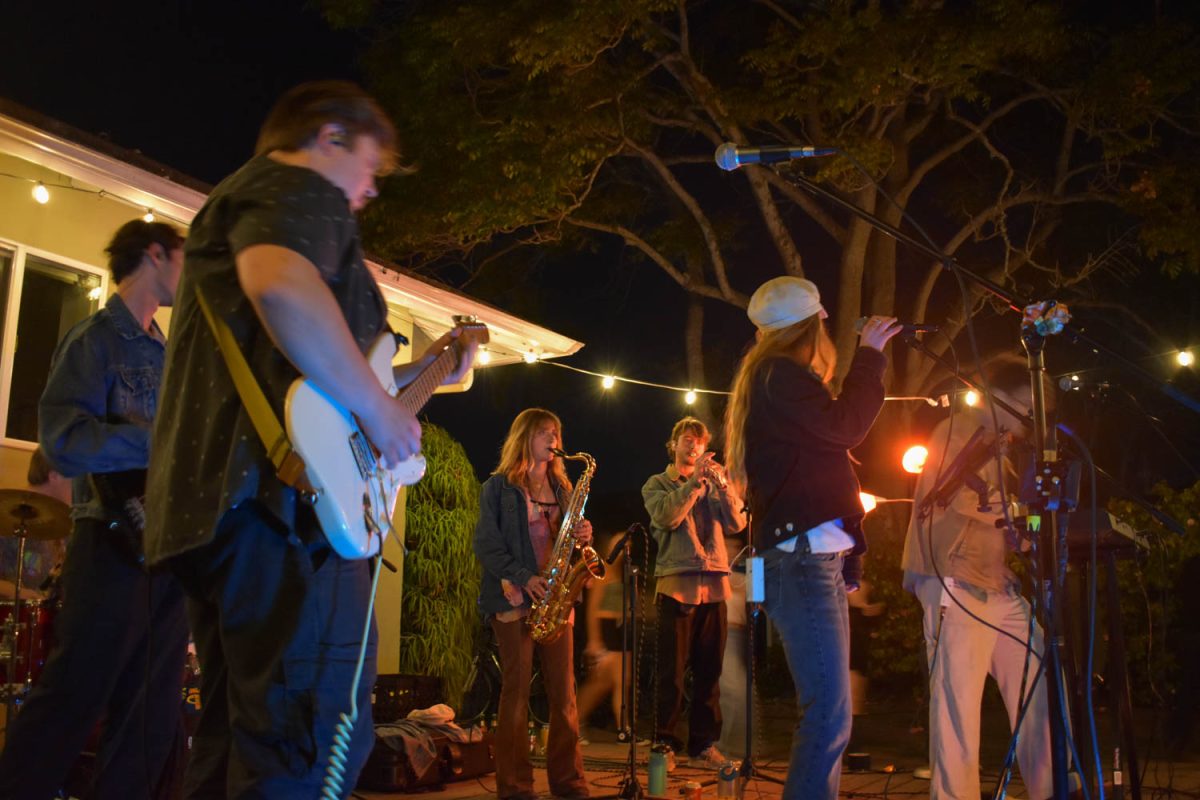Tensions rose in the Student Senate meeting Friday, as senators abruptly decided to no longer include the sustainability fee in this week’s election ballot in direct violation of the Brown Act.
At the March 22 Student Senate meeting, senators voted to put a $5 sustainability fee on the election ballot.
The motion passed with only Student Trustee Kenny Igbechi in opposition.
On Friday, with less than ten minutes left in the meeting, Vice President of External Affairs Daniel Wallace motioned to increase the Student Activities Fee by $3 and allocate the funds to the Student Senate. The motion passed unanimously.
Senators verbally agreed, without the required vote, to implement the $3 fee and no longer include the $5 sustainability fee on the ballot.
The senate changing their original motion and not including it on the agenda is a direct violation of the Brown Act, an open meeting law that assures government actions are accessible to the public.
“The last four minutes of the meeting blew my mind,” Sustainability Commissioner Alexi Som said. “The senate’s decision was the most corrupt thing I’ve ever seen.”
Senate President Josh Villanueva declined to comment on the violation.
Nick Hofstatter, head of the sustainability fee project, has threatened to take legal action against the senate.
In an outside interview with The Channels, Hofstatter said the violation diminished his project that he has spent a year working on.
During the Friday meeting, Igbechi said he felt as though the $5 sustainability fee would not benefit low income and food insecure students.
Som said the sustainability fee would “directly address” the food insecurity on campus, and called the fee an “opportunity cost benefit,” explaining that the fee would be invested into the permaculture garden, therefore reducing the cost of “healthy food” in the cafeteria.
He also added that students who receive FASFA would have their fee paid for by the government.
Wallace called the $3 activities fee a “compromise,” and said that next semester’s senate could dedicate the $3 to the Sustainability Committee if they choose to do so.
Hofstatter said that by having a $3 increase in the student activities fee, it would not be directed towards sustainability, and would be “undercutting” the work he and other students put into the project.
Following the meeting, Hofstatter told The Channels the senate used the opportunity to allocate more money for itself.
“They’re operating in their own interest,” he said.
The senate will reconvene April 19.










![Milton Alejandro Lopez Plascencia holds a flag showcasing the United States and Mexico on Feb. 7 in Santa Barbara, Calif. “It’s heartbreaking to see what is happening all across the country,” Lopez Plascencia said. “I [want] my voice to be heard by the community.”](https://www.thechannels.org/wp-content/uploads/2025/05/MGSImmigration-1-1200x800.jpg)




